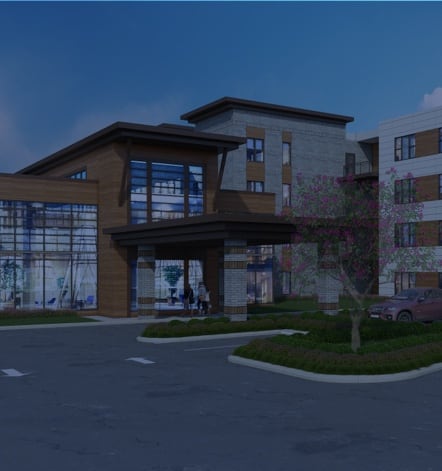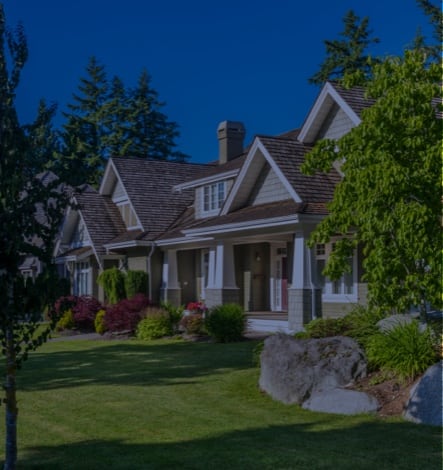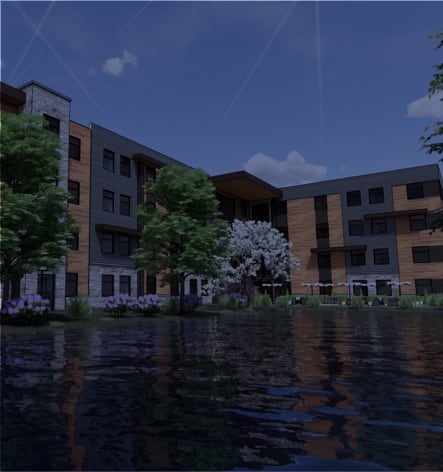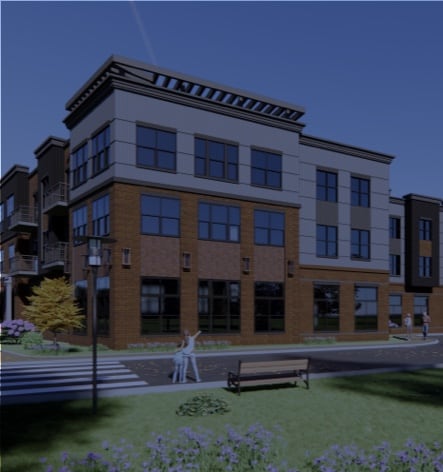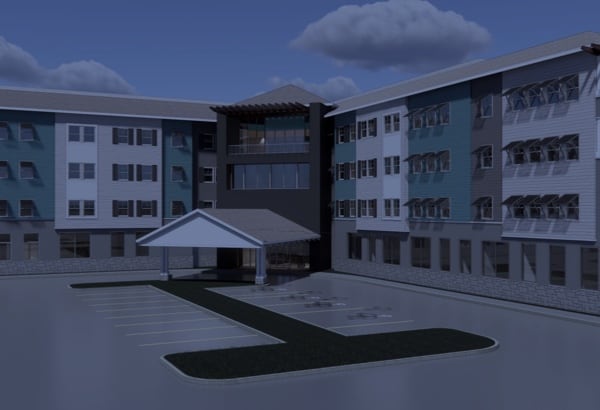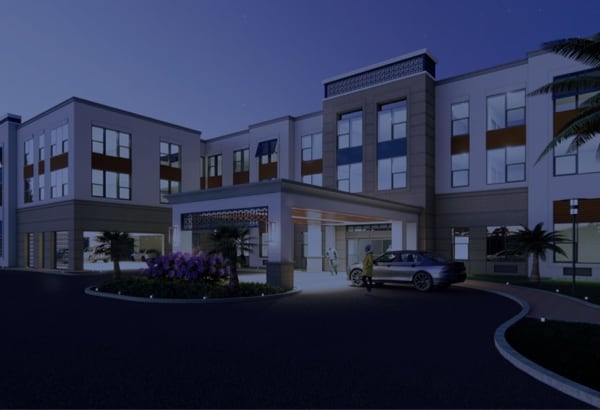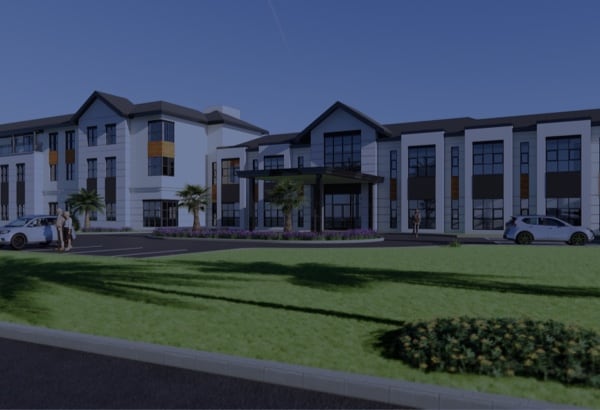Senior living facilities have become a valuable industry to invest in due to the growing demand for senior care. Starting your own residential assisted living business begins by outlining your vision to establish a business plan, gathering the registration and licensing, developing your services and amenities, building your team, and marketing.
Our goal at Distinctive Development is to help consult on starting your residential assisted living business. Let’s break down this process.
Create Your Business Vision
Use this opportunity to determine the ambiance, services, and legacy you would like your community to have. We can use the vision to develop your business plan.
Perhaps you noticed a gap in the residential living market in a particular area. Use your vision as an opportunity to fill this gap. For instance, there may be two traditional care facilities in the surrounding area, so you’d like to highlight a memory care-focused approach to your residential assisted living facility. Then, find the amenities and services required to complement your vision and mission statement. If your focus is memory care, perhaps a service provided will be community building, allowing residents the ability to express and explore art.
Create Your Business Plan
Once you have established a rough outline of your vision for your business, use this in a business plan. This document outlines your short-term and long-term goals and the financial projections for your business.
What’s in a Business Plan?
Your business plan should include your residential facilities’ mission statement, long-term goals, development and maintenance budget, services offered, and marketing strategies. Important questions to answer in your business model include:
- Budgeting: How will your finances be allocated to maintain the facility and staffing? Include the estimated revenue and profits expected to generate within the first 5 years of starting your residential assisted living facility.
- Location of the residential community. Is the surrounding neighborhood welcoming and accessible to your residents and their families? Consider access to public transport and healthcare facilities when finding the location of your business.
- Occupancy: How many rooms will be available, what is the maximum number of residents the community will be able to house? This requires you to consider the size of the residential facility and how your staff will need to operate.
Financial Planning, Registration, & Regulations
Your business plan should include the estimated revenue and profits your facility projects to generate and a budget sheet to display how to allocate funds. It’s beneficial to meet with a financial advisor to help create a financial plan. This includes start-up costs, break-even projections, balance sheets, income, and cash flow statements. In addition to financial planning with your advisors, there are grant opportunities from organizations and federal and state governments to take advantage of.
Your business plan will help with the funding needed to establish your business. While fulfilling the required documentation, use this opportunity to register your business and obtain the appropriate licensing and permits required from local and state authorities. The paperwork load is heavy but essential. Your residential living community must also comply with regulations concerning your staffing, policies, and procedures.
Planning Your Services & Amenities
The services and amenities provided in your residential assisted living community should set you apart from other living communities. When outlining your vision and creating your business plan, you were encouraged to find a gap in the residential market that your business can fill. Therefore, the services and amenities provided must be able to deliver on your promise.
For example, if there’s a lack of community, highlight your amenities, such as a fitness center, a library, communal dining, and an art and music studio. You should also consider highlighting the services that will be easily accessible to your residents outside of the facility, such as access to public transport and healthcare facilities. This will also help to market your community to potential residents and their families.
Build Your Assisted Living Team
Your team is an extension of your vision for your residential assisted living community. The policies and training methods you have established will guide your team in implementing the quality and standard of care you expect. Your team will include administration, financial professionals, and your front-line staff. They will be engaging and caring for your residents. This includes experienced nurses, physical therapists, social workers, and custodial staff. The team you create will benefit from their experience, but be sure to take advantage of further training opportunities. For example, CPR recertification or training revision.
Market Your Assisted Living Community
The hard work poured into your residential assisted living business requires marketing to engage with your key demographic. Use both digital and print media to reach your target users. Community outreach events are a great way to advertise your establishment while also staying connected to the surrounding community that your facility resides in.
Create a referral system with trusted professionals (healthcare, social workers, lawyers) who can direct interested residents and their families to the services provided in your residential assisted living community.
Let’s Connect About Your Business Goals
Starting a residential assisted living business requires research and planning. Our goal at Distinctive Development is to help lessen your workload by consultation. We can help you make well-informed decisions that align with your vision and mission statement for your residential assisted living business.
Connect with us online to set up an appointment to learn more about how we can help you build a successful senior living community.








